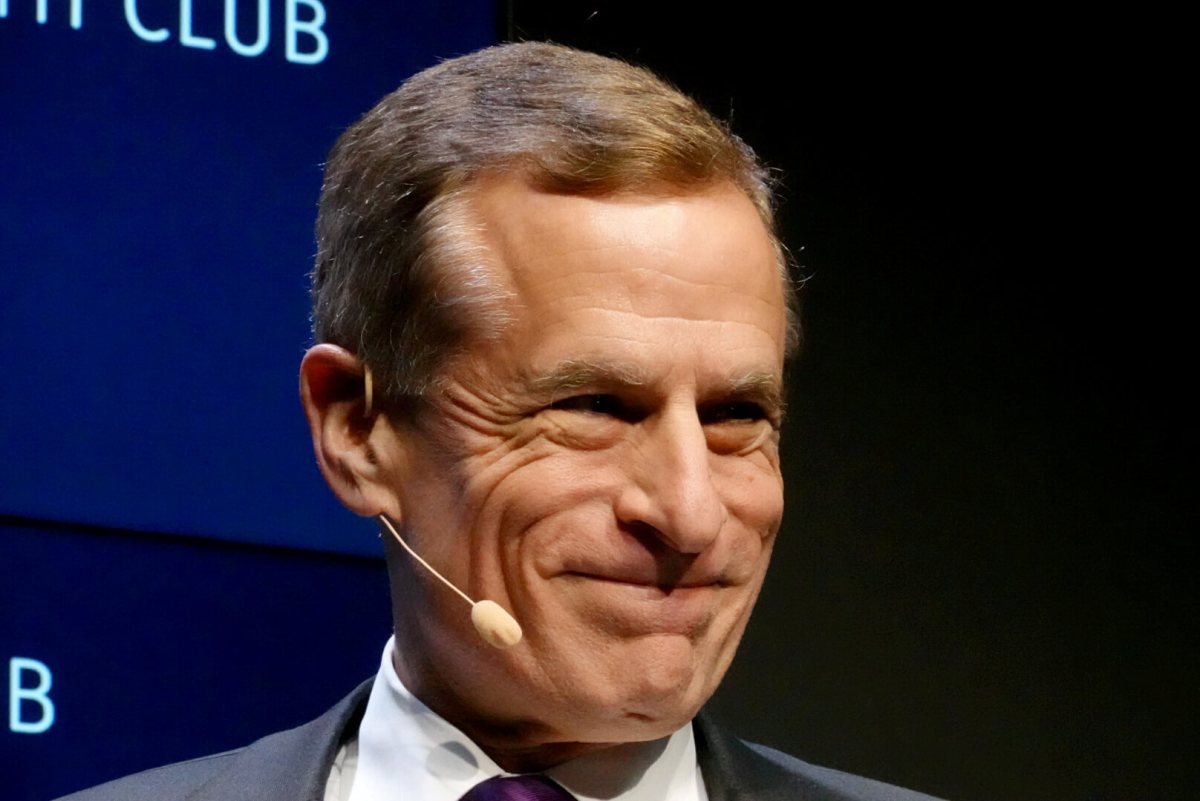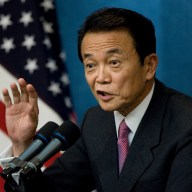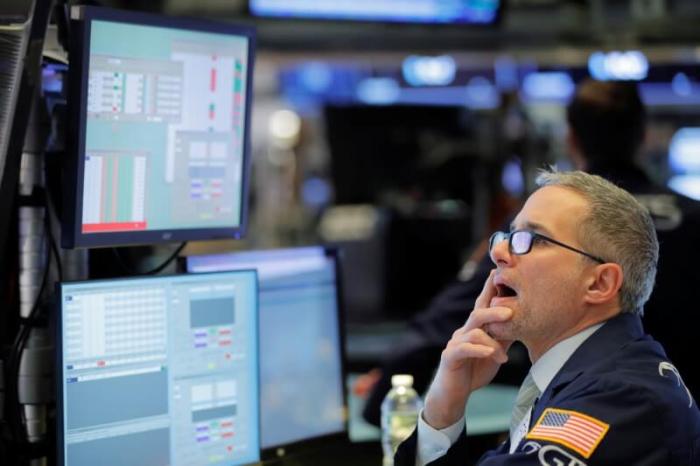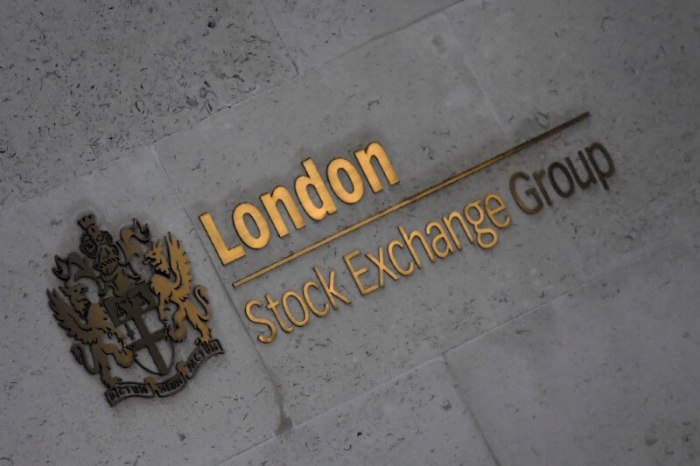By Jonnelle Marte
NEW YORK (Reuters) – The Federal Reserve’s policy of low interest rates, combined with its efforts to calm money markets by increasing the central bank’s balance sheet, could be pumping up the valuations of risky assets, Dallas Fed Bank President Robert Kaplan said Wednesday in New York.
The Fed official said the central bank should focus on keeping its balance sheet as small as possible and scale back interventions in the market for repurchase agreements, or repo, now that short-term rates are stable.
“It would be healthy for us to chart a path where we can dwindle down our interventions in the market and restrain and temper the growth in our balance sheet,” Kaplan said in a discussion with reporters after speaking at an event hosted by the Economic Club of New York.
The central bank began intervening in repo markets in mid-September after a liquidity shortage caused short-term borrowing rates to jump to 10%. A month after that, the Fed started purchasing $60 billion a month in short-term Treasury bills to increase the level of reserves.
Kaplan said he was “sympathetic” to the concern from some market participants that growth of the Fed’s balance sheet is fueling higher valuations for risky assets. “It just reminds me that the Fed’s balance sheet is not free and growing the balance sheet has costs,” he said.
The policymaker also said he wants officials to factor in financial risks when pursuing their dual mandate of stable prices and maximum employment. He said the conversation should be part of the Fed’s review of the central bank’s framework, which could be concluded by midyear.
During his remarks, Kaplan said the growth of the U.S. workforce is declining and new immigration policies are needed for the economy to grow at a faster rate.
An aging population is shrinking the workforce and putting a drag on GDP growth, Kaplan said.
“Unless we change policies, it is our view that workforce growth is going to be sluggish.” He added that immigration, trade and globalization are opportunities for faster growth.
Fed officials voted unanimously to keep key U.S. interest rates steady at their December meeting and signaled the central bank’s target range of 1.5% to 1.75% is likely to stay put for the time being. Kaplan became a voting member for monetary policy decisions this year as part of the Fed’s rotation.
Kaplan said he expects inflation to remain muted and for the U.S. economy to grow between 2% and 2.25% this year, supported by a “historically tight” labor market and a strong consumer.
(Reporting by Jonnelle Marte in New York; Editing by Chizu Nomiyama and Matthew Lewis)



















